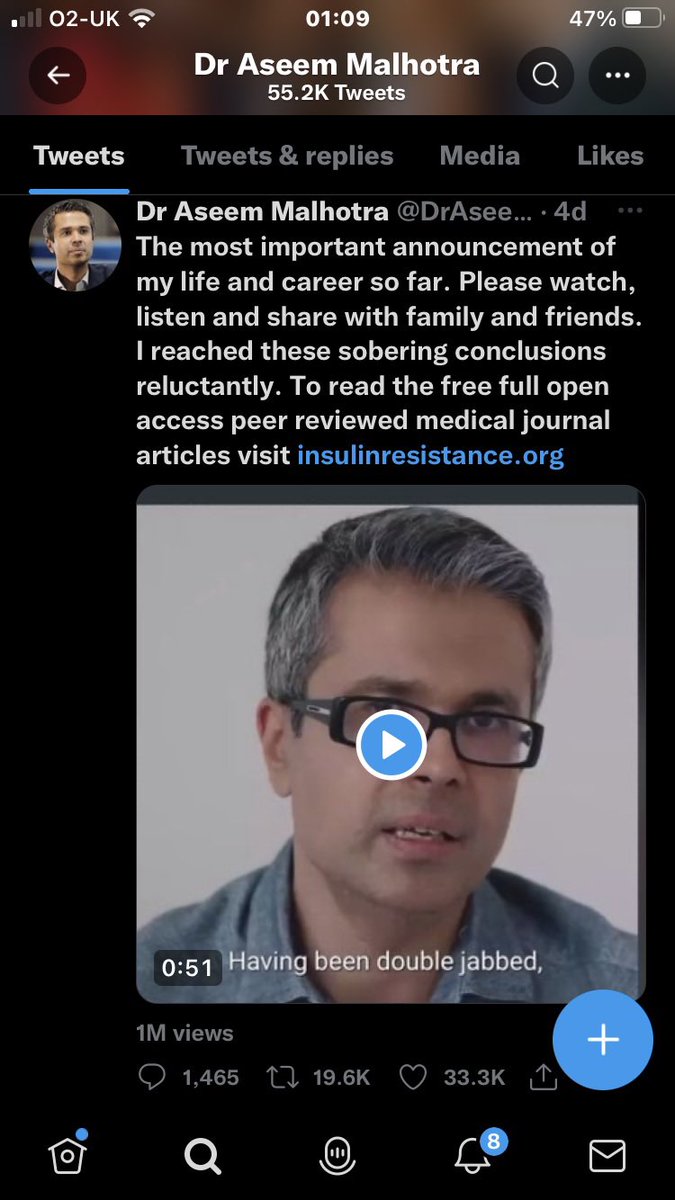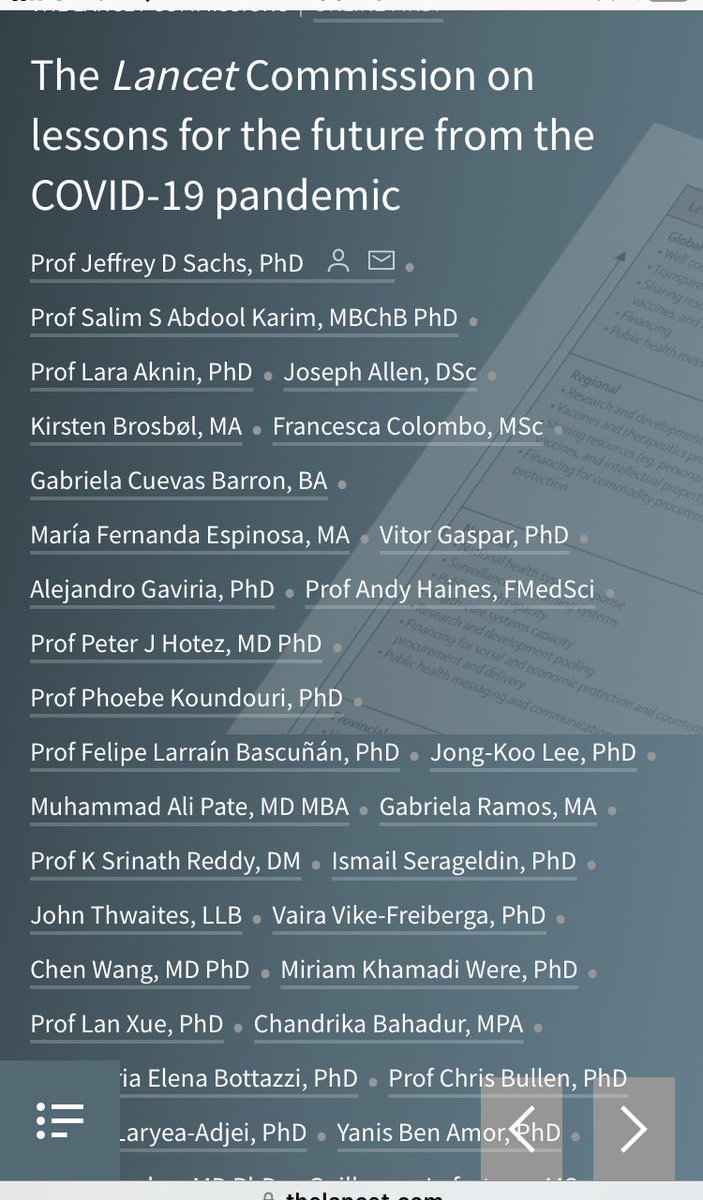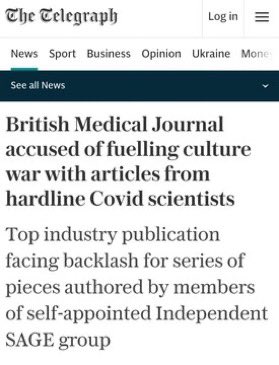
The power of disinformation is mind-blowing and it’s dangerous. Let me give you a very recent example that almost certainly cost lives…
This month there were two massive publications about the pandemic.
One in The Lancet – top five medical journal.
The other series in the BMJ – again, a top six journal.
The Lancet paper was a commissioned series looking at the mistakes of the pandemic.
For those involved in healthcare and pandemic management, it is a watershed publication.
It made a number of crucial recommendations both for the ongoing Covid pandemic and to help protect us from future ones.
The BMJ also commissioned a series of papers exploring the key decisions of the pandemic, prior to the Covid inquiry.
The stakes are high, of course. These decisions cost or saved lives & livelihoods.
Both these publications commissioned world-leading experts, dozens of experts.
They go through rigorous peer-review. This means between two and sometimes up to five other experts, who are not involved with the paper and don’t work with the authors, review the publication.
Having been through both a BMJ & Lancet peer-review myself, I can confirm they are thorough and rigorous. And quite brutal! Then there are the editors!
Long story short, it entails loads of work under heavy scrutiny to get through to publication in these top journals.
Neither pandemic series’ publications were flattering to the UK or US responses. More0ver, they also brought the errors of a few esteemed scientists to light. (Nothing abnormal about scientists being proven wrong, but it’s not good when they can’t own such errors).
Anyway, bad for politicians and some experts. Big news, really! Loads for the media to get stuck into about previous decisions – lockdowns, masks, kids, hospitals, etc…
And then there was this…
A single doctor. Biased (as we all are to some degree). Publishes a paper about vaccines.
Published in an obscure journal “Insulin Resistance” (yes, it’s as odd as it sounds…a vaccine paper published in an insulin journal). Not peer-reviewed (no-one scrutinising the work).

Putting to one side the actual content of the paper, all the “safety” aspects of publishing are missing here. To the public this can be seen as just a scientific paper. Yet it doesn’t have the scrutiny the Lancet or BMJ provide, or the peer-review to check over the science.
Yet, the anti-vax paper goes viral.

Now, this doctor may believe what he’s saying. But it is just one doctor’s opinion – not science!
Yet, the consensus of dozens of experts subject to peer review andj published in one of the most rigorous journals in the world gains little traction.
(The authors here ⬇️)

And indeed, the BMJ paper draws attacks from extreme media outlets:

Clearly annoyed that a heavyweight has been placed on the scales of “who got it right” justice. Thankfully (for them) other media outlets seemed to glaze over the scientific watershed moment and failed to take them and government to task.
Regardless, the damage has been done.
This is just one example.
Throughout this pandemic we have had this misinformation about masks, air filtration, ventilation, isolation, testing, and a slew of other basic tenets of pandemic management.
I’m not saying these things shouldn’t be questioned, but questioned and studied, not derailed by what are, effectively, platformed rants.
No-one will get it all right. But whoever you are going to trust for your information they must have an avenue to be wrong…not just a never-ending confirmation of a fixed belief. If there is no way, no evidence, that will make them consider they are wrong, then they are not a good source
Disinformation is a major threat to the local and global threats we face. Whether that is corrupt governments, dodgy scientists, climate issues, pandemics, etc.
Covid has certainly served a warning and one we should take seriously…
…it’s about who you trust!





